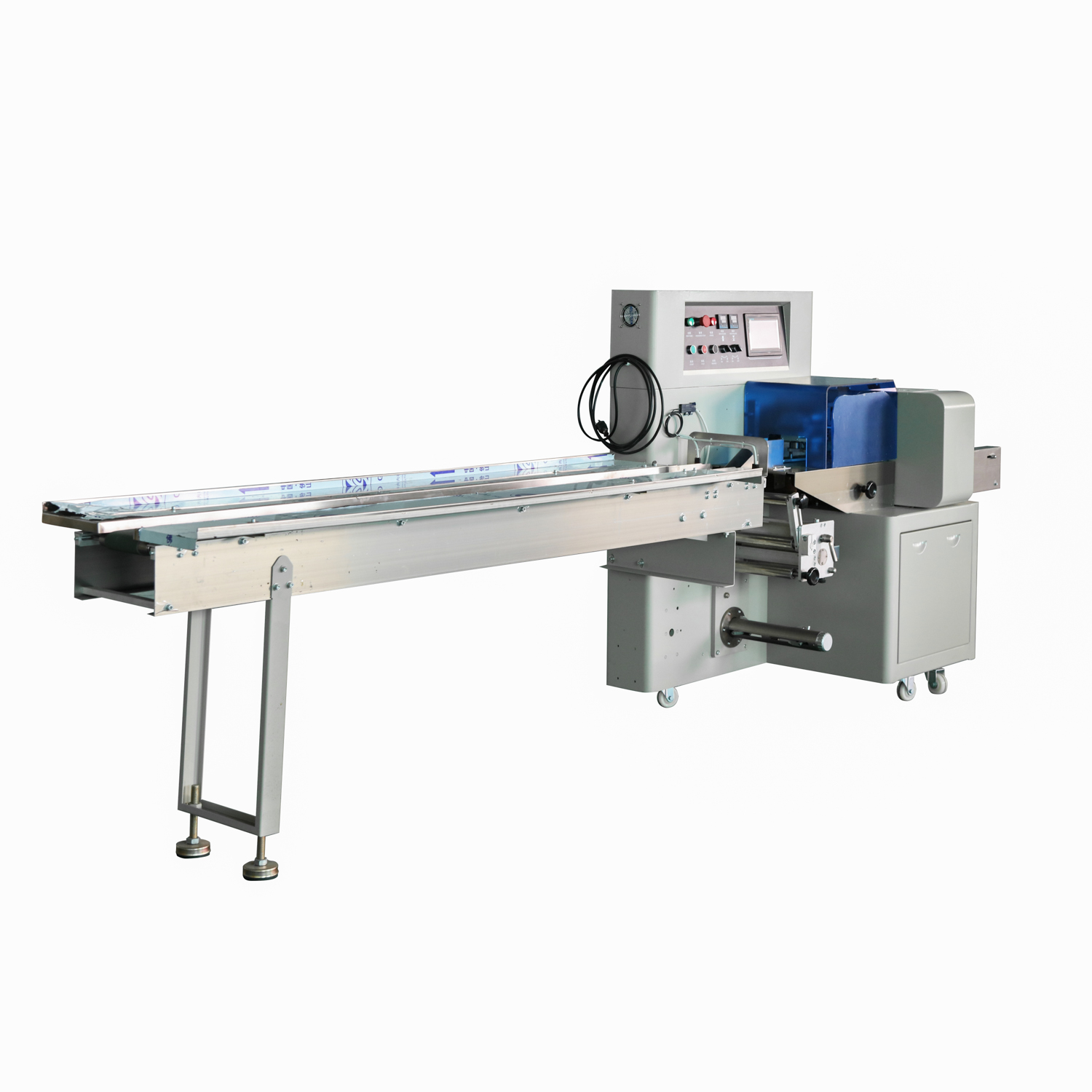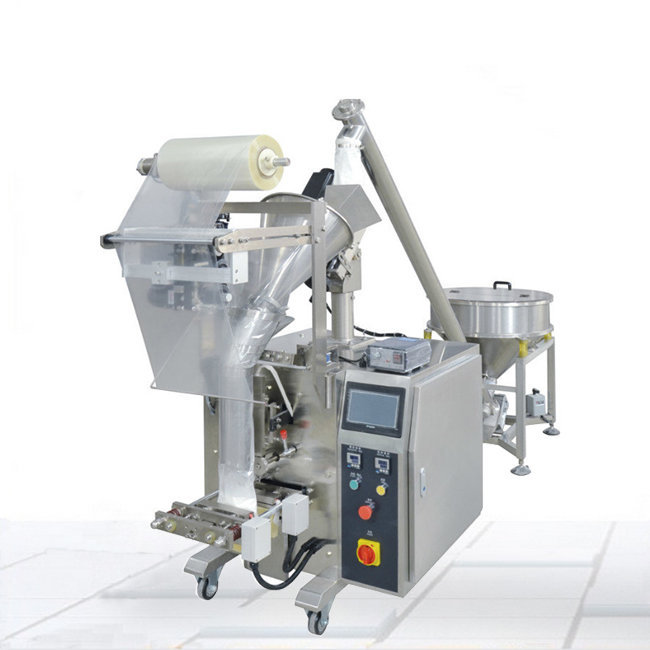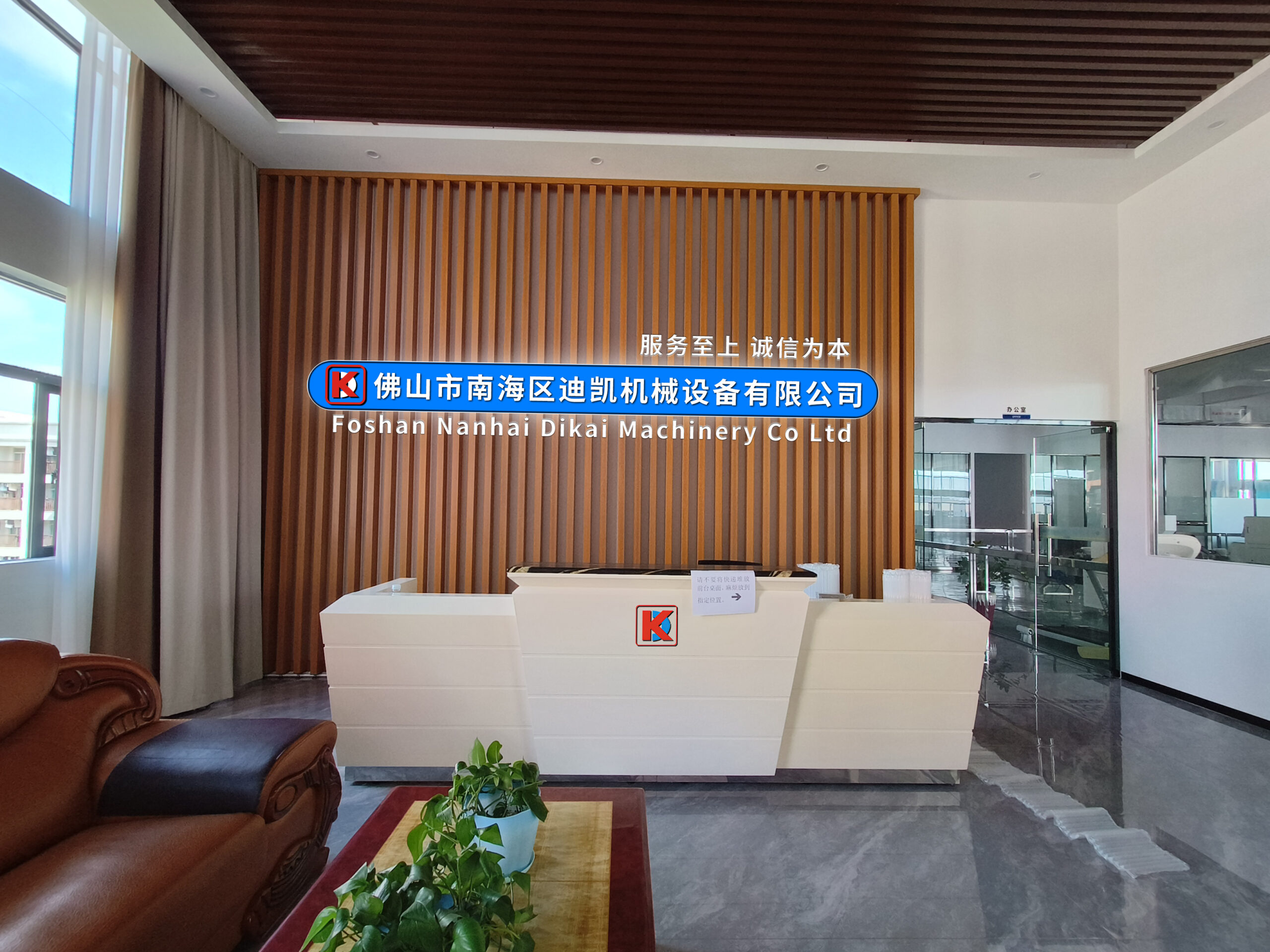Creating the future of efficient packaging
In modern manufacturing and food industry, packaging is not only the last process of product protection, but also a key link to enhance product value and attract consumers’ attention. With the constant changes in market demand and the continuous advancement of technology, intelligent packaging machines with their efficient, precise and flexible characteristics have become the […]
The Importance of Modern Packaging Equipment in Manufacturing
Introduction to Packaging Equipment In the rapidly evolving manufacturing sector, packaging equipment plays a critical role. As the demand for efficiently packaged goods rises, companies are increasingly investing in cutting-edge packaging technology to optimize their operations. Enhancing Efficiency and Reducing Costs Modern packaging equipment is pivotal in streamlining production processes. Automated systems can handle various […]
Understanding the Essentials of Packaging Equipment for Your Business
Introduction to Packaging Equipment Packaging equipment plays a crucial role in various industries, from food and beverage to pharmaceuticals and consumer goods. These machines ensure that products are properly packaged, maintaining their quality and extending shelf life. Understanding different types of packaging equipment can significantly enhance operational efficiency and product presentation. Types of Packaging Equipment […]
The Importance and Benefits of Filling Machinery in Canning Equipment
Introduction to Filling Machinery Filling machinery is a critical component in various industries, particularly in food and beverage production. The precision and efficiency offered by these machines ensure that products are packaged correctly, maintaining hygiene and quality. As the demand for packaged goods continues to rise, understanding the role and benefits of filling machinery in […]





